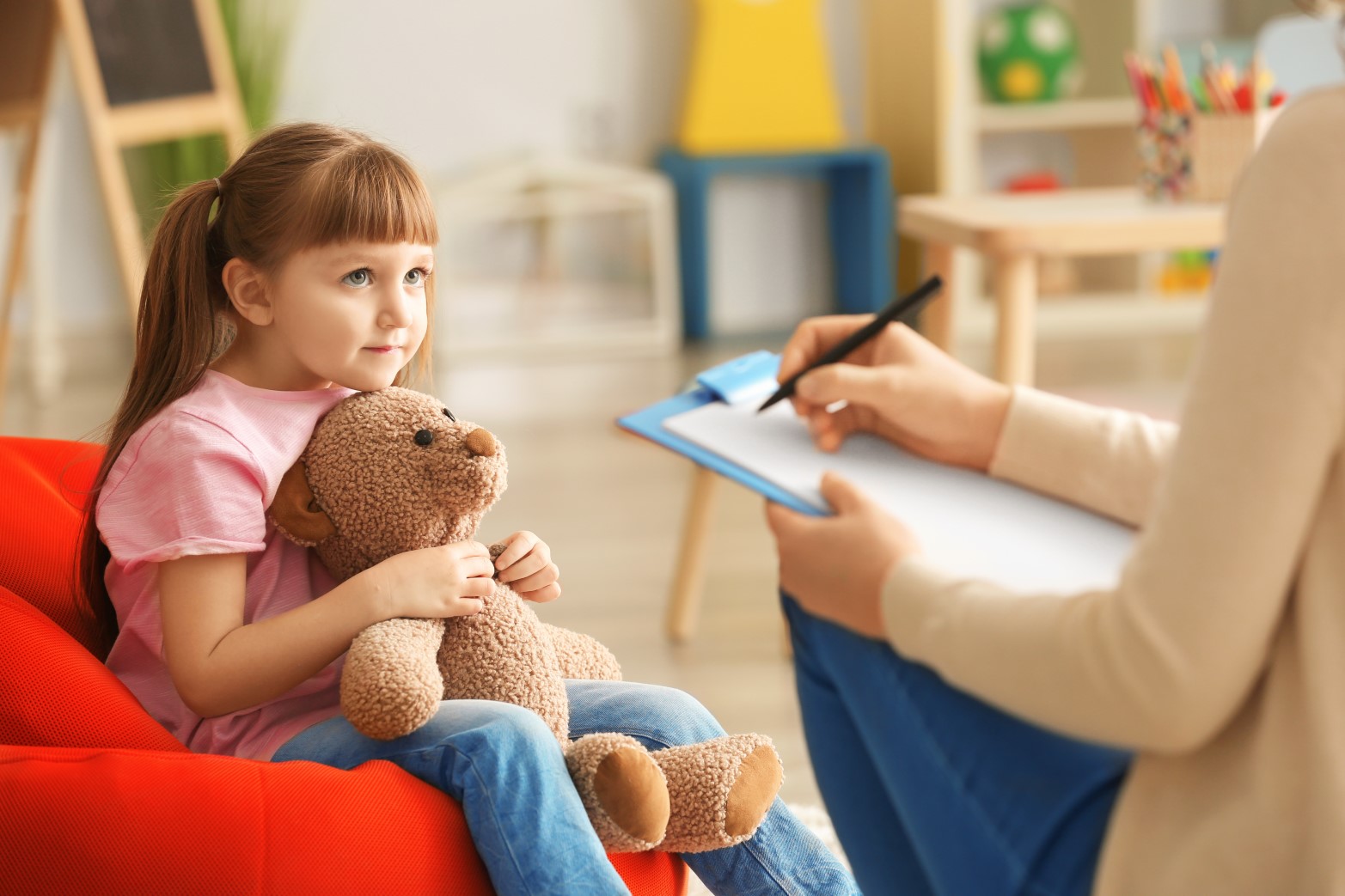Parenting can be a challenging journey, especially when it comes to understanding and effectively addressing the needs of our children. Kids psychology plays a crucial role in shaping the behaviours and development of young minds. As a parent or caregiver, having a deep understanding of kids psychology Adelaide can significantly enhance your ability to nurture and support your child’s emotional, social, and cognitive well-being.
In this blog post,
we will explore valuable tips for effectively applying kids psychology, paving the way for positive and meaningful interactions with the little ones in our lives.
Check out – Kids Psychology

Creating a Nurturing Environment
One of the fundamental aspects of effective kids psychology is the creation of a nurturing and supportive environment for children to thrive in. This includes offering a safe physical space, as well as emotional support and encouragement. Positive reinforcement, praise, and validation can foster a sense of security and confidence in children, contributing to their overall psychological well-being.
Additionally, active listening and open communication are vital components of creating a nurturing environment, allowing children to express their thoughts and feelings without fear of judgment.
Understanding Developmental Stages
Understanding the various developmental stages that children go through is essential for applying kids psychology Adelaide effectively. From infancy to adolescence, each stage brings about unique cognitive, emotional, and social changes. By being aware of these developmental milestones, parents and caregivers can tailor their approach to accommodate the specific needs and abilities of children at different ages.
Whether it’s providing age-appropriate activities or offering guidance through challenging transitions, aligning with developmental stages is crucial in promoting healthy psychological development in children.
Encouraging Emotional Expression
Emotions play a significant role in kids psychology. Encouraging children to express their emotions in a healthy and constructive manner can have a profound impact on their psychological growth. Acknowledging and validating their feelings, whether positive or negative, helps children develop emotional intelligence and resilience.
Teaching children about empathy and understanding different perspectives further nurtures their emotional well-being. By fostering an environment where emotions are embraced and discussed openly, parents can strengthen their bond with their children and support their mental and emotional development.
Setting Boundaries and Consistency
Establishing clear boundaries and maintaining consistency in disciplinary measures are vital aspects of applying kids psychology effectively. Children thrive in environments where expectations and consequences are clearly defined. Consistency in enforcing rules and boundaries helps children feel secure and understand the impact of their actions.
Moreover, it cultivates a sense of responsibility and self-discipline, contributing to their psychological and behavioural development. By setting reasonable limits and being consistent in enforcement, parents can guide their children in making positive choices and developing a strong sense of ethics and morality.
Fostering Positive Relationships
The quality of relationships that children experience significantly influences their psychological well-being. Building strong and positive connections with family members, peers, and other adults plays a pivotal role in kids psychology. Fostering healthy interactions and meaningful relationships can enhance a child’s social skills, self-esteem, and overall outlook on life.
Encouraging healthy friendships, promoting teamwork, and modelling positive social behaviours can contribute to the development of empathetic and socially adept individuals. By prioritising positive relationships, parents can create a supportive network that nurtures their child’s psychological growth and resilience.
Conclusion
In conclusion, understanding and applying kids psychology Adelaide is a multifaceted endeavour that requires patience, empathy, and continuous learning. By creating a nurturing environment, understanding developmental stages, encouraging emotional expression, setting boundaries, and fostering positive relationships, parents and caregivers can effectively support the psychological well-being of children.
Incorporating these tips into daily interactions with children can lay the foundation for a strong and resilient psychological framework, guiding them towards leading healthy and fulfilling lives.



